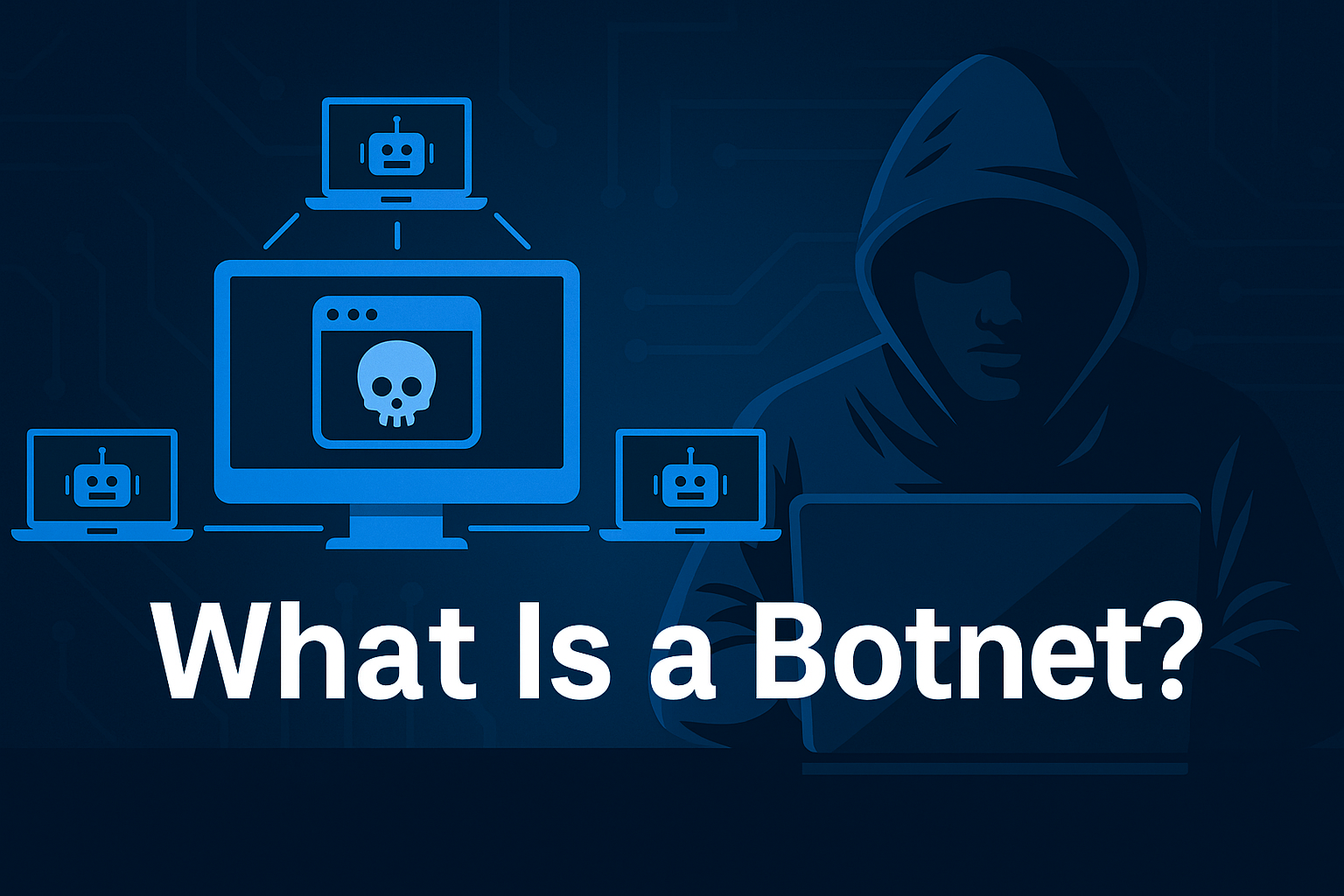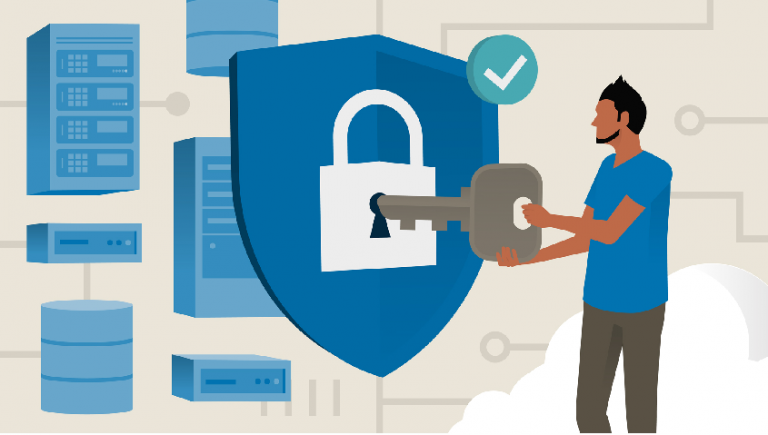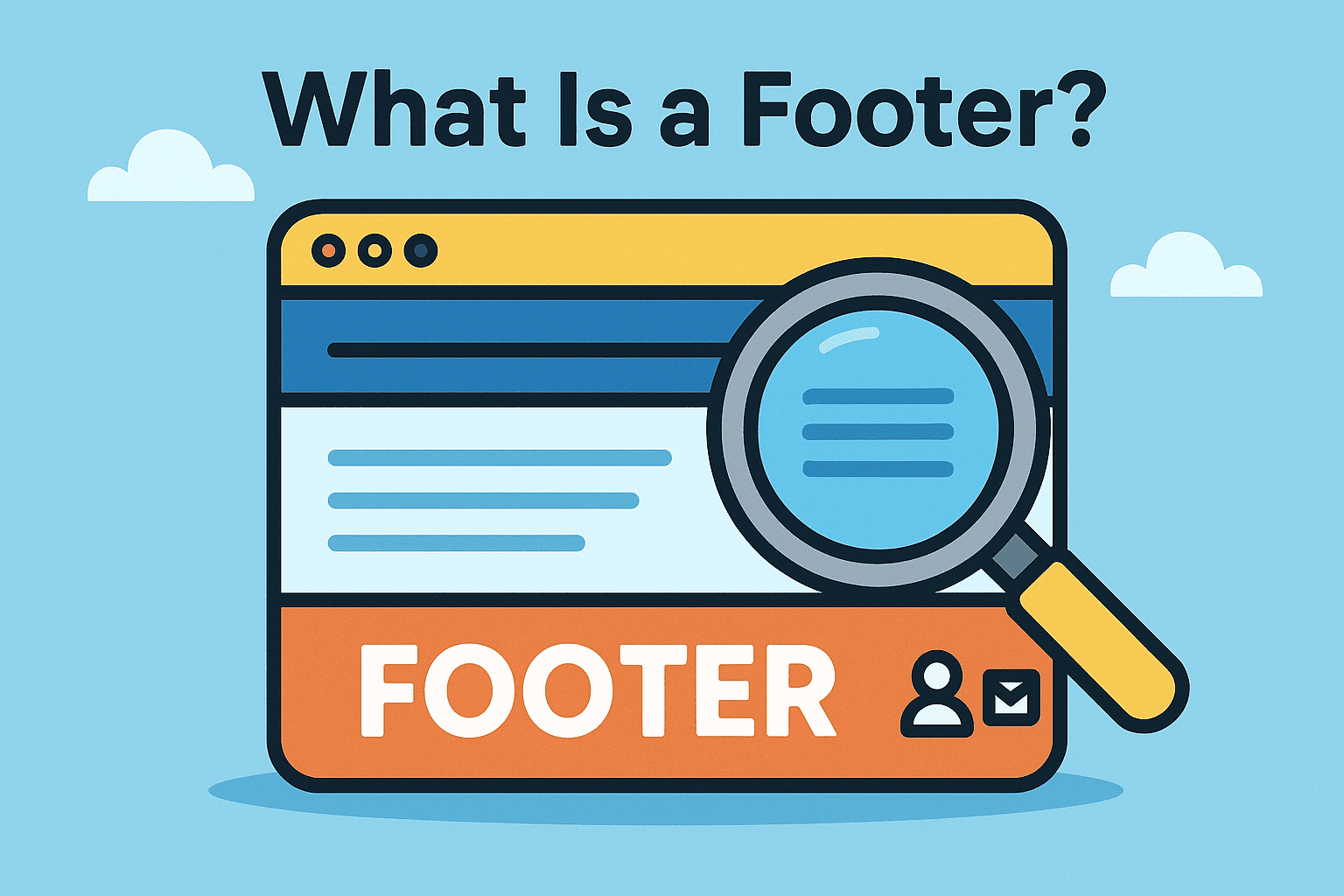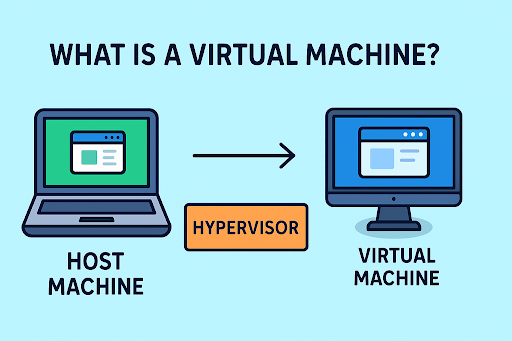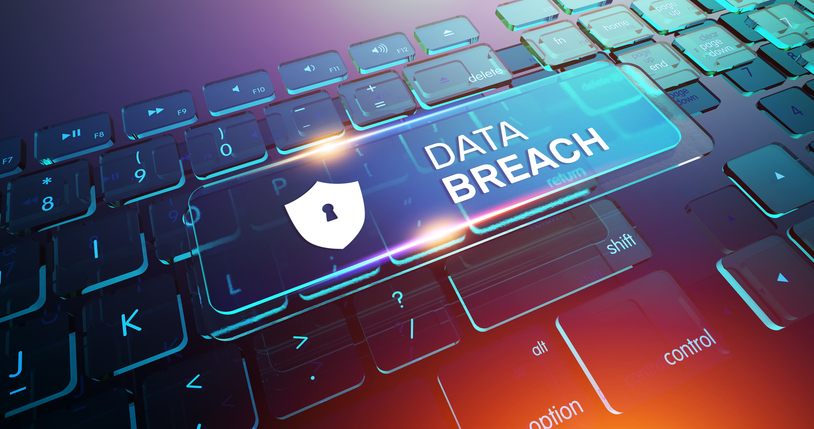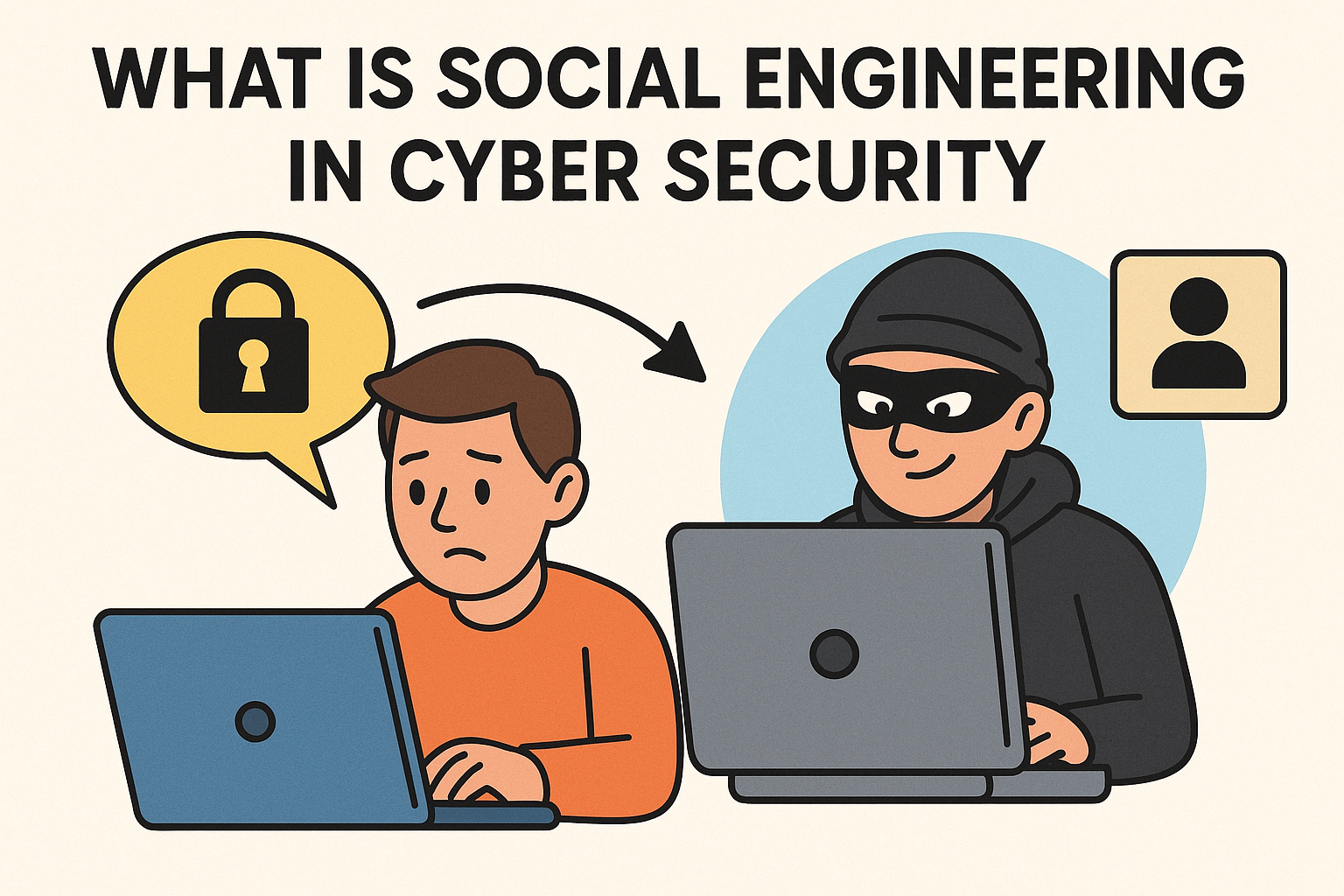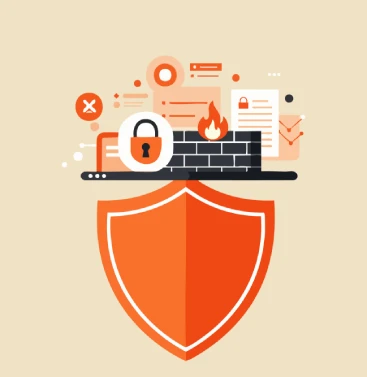9 Factors To Consider While Selecting An Endpoint Security Tool
Updated on October 11, 2022, by Xcitium

Selecting one among the many endpoint security tools out there in the market can be a tough task. But there are certain factors which when taken into account can ease this selection process for you. Factors which serve as ‘tell-tale’ signs that indicate whether the endpoint security tool is the right one for you or not.
Here we list some of these factors which can serve as a quick reference tool (a cheat sheet, to be more precise) for those of you who are in search of the right endpoint security tool.
1. Cloud-based or On-Premise? The first question to consider is whether you are going to go for cloud-based or on-premise endpoint security. Both have their benefits, and selecting one of the two depends upon the security policies you adopt and your IT infrastructure. With cloud-based security ensures flexibility and scalability, on-premise endpoint security tools help you satisfy stringent privacy requirements usually deployed by organizations in government and finance sector. It would be even better if you could find an endpoint security tool which is a mix of both worlds.
2. Prevention Capabilities: Prevention is the best defense when it comes to security threats of today. Therefore ensure your endpoint security tool comes equipped with the right mixture of prevention capabilities. When we talk about capabilities, we mean the next-gen security capabilities like blocking malware at the point of entry, advanced detection capabilities and other such benefits which go a long way in nipping the problem in the bud.
3. Sandboxing Capability: Sandboxing is a technique which allows enterprises run suspicious files in quarantined environments without affecting the network. You need sandboxing for static and dynamic analysis of unknown files. And never settle for third-party sandboxing products that must work alongside your endpoint security solutions. Sandboxing should be built-into, and should come fully integrated with, your endpoint security solution.
4. 24/7 Monitoring and Recording: The basic objective of your endpoint security solution is to manage all your endpoints. This means monitoring and recording the activities within your network 24/7. Therefore ensure the endpoint security solution you pick has efficient monitoring capabilities.
5. Quick Detection Time: Your endpoint solution has to detect network issues and detect them quickly. Time is of the essence when it comes to endpoint security and therefore ensure your endpoint security solution is capable of detecting network issues quickly.
6. Easy and Understandable Interface: Though endpoint security solutions are usually handled by network administrators with considerable technical expertise, it is always prudent to select endpoint security solutions with an easily understandable user interface. Because only if there’s clarity in the user interface, will there be clarity in the way the network would be managed.
7. Automation Capabilities? How does endpoint security respond to security threats? Does it contain an automation system which can take care of false positives? Because there’ll be a lot of false alarms when it comes to network security. You simply cannot avoid them. But, on the other hand, automation capabilities can help you tackle them efficiently.
8. Agentless Detection: Agentless detection can come in handy in the case of file-less malware detection and devices which may not support agent installation. Moreover, installing an agent in every endpoint within your network is a complex and expensive task. Therefore agentless endpoint security solutions are one way of countering these issues.
9. Does It Integrate Well Into Your Security Architecture? Remember endpoint protection or security is a part of your entire security architecture. Therefore if your endpoint protection tool functions separately and does not fit well into your security architecture, then there will be issues. Both network surveillance and infrastructure related. So always pick an endpoint protection tool which integrates well into your infrastructure.
See Also:




